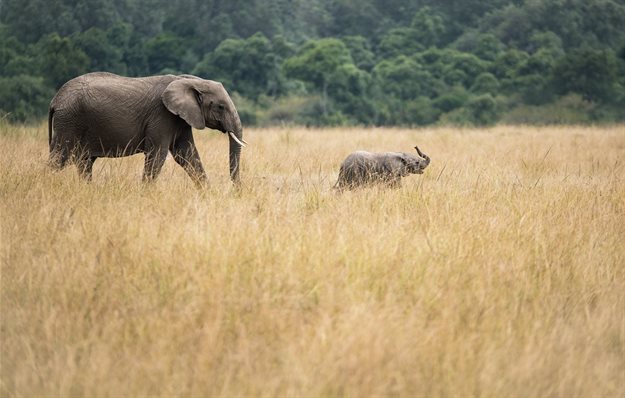18th CITES Conference votes to end export of wild-caught elephants into captivity

Iris Ho, senior wildlife specialist for wildlife programmes and policy for Humane Society International, said: “This decision will save countless elephants from being ripped away from their families in the wild and forced to spend their lifetimes imprisoned in substandard conditions at zoos. HSI applauds this decision and calls on all parties to affirm this decision at the plenary session next week.”
CITES parties voted to limit trade in live wild African elephants to ‘in situ’ conservation in their natural habitats, which will end the trade in live wild elephants to captivity in zoos and entertainment venues, effectively ruling them unacceptable and inappropriate destinations.
Forty-six countries voted in favour, 18 voted against and 19 countries abstained. This achieved the two thirds majority for the proposal to pass in committee.
'Cruel and traumatic'
Audrey Delsink, director of wildlife for Humane Society International/Africa and an elephant biologist, said, “The export of live wild elephants serves no credible conservation purpose and is opposed by numerous elephant biologists. Elephants are highly intelligent, social animals with strong family bonds. The capture of baby elephants is horribly cruel and traumatic to both the mothers, their calves and their herds that are left behind. Calves suffer psychological and physical harm when taken from their mothers. Zoos and other captive facilities force these calves to live in an unnatural, unhealthy environment that does not meet their complex needs.”
The decision applies to the elephants in Botswana and Zimbabwe with elephant populations on Appendix II of CITES, which has an annotation that permits this trade to “appropriate and acceptable destinations”.























